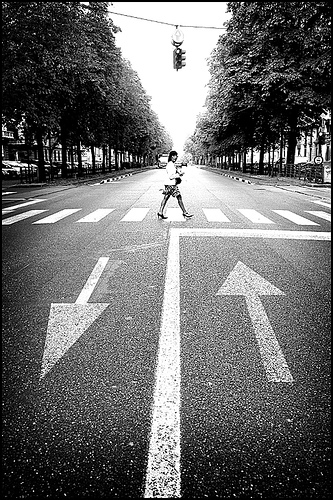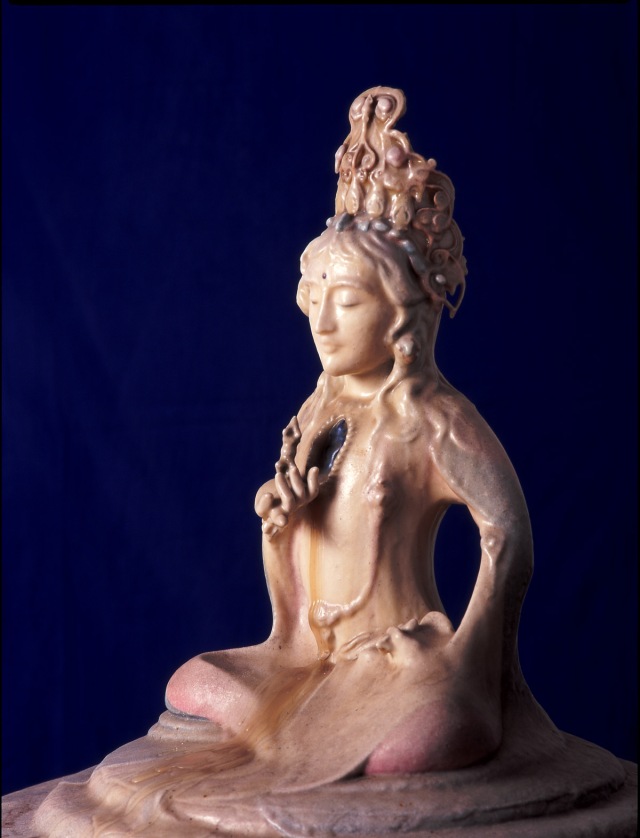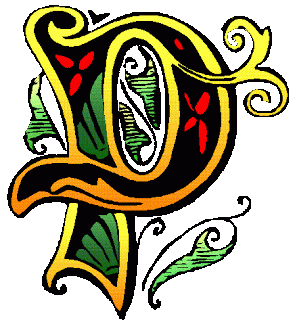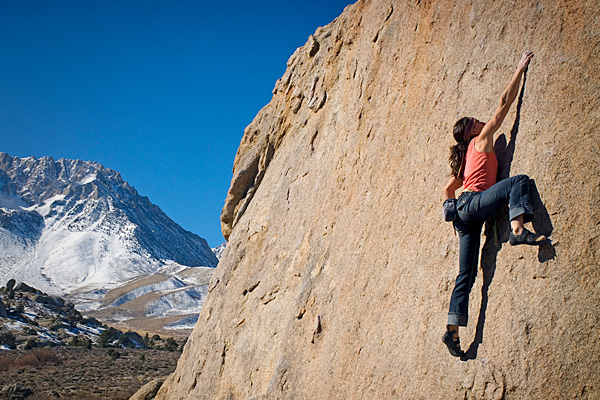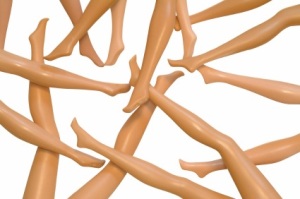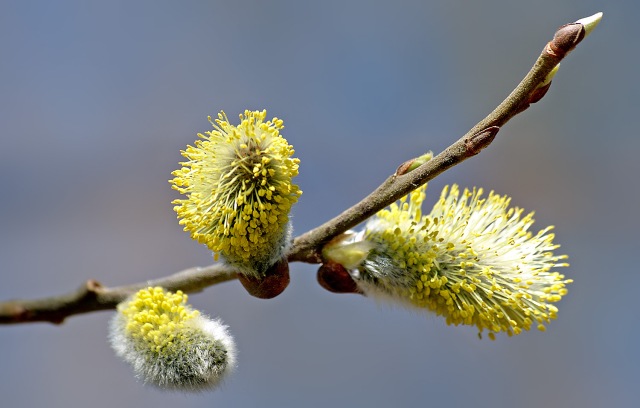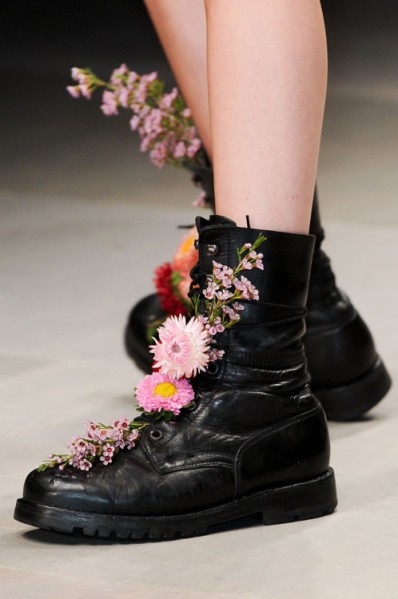 Sorry. Even when I’m narked about something, I can’t resist a good pun. Just be grateful that I don’t write copy for tabloids.
Sorry. Even when I’m narked about something, I can’t resist a good pun. Just be grateful that I don’t write copy for tabloids.
Anyway. Before I get onto the main topic of this blog-thing (sorry, this is going to be a long ‘un), let’s just take a moment in awed silence to admire this photo to the right, here. It’s what I imagine my 50% BUTCH teeshirt would look like if it were reinterpreted as an impressionist painting.
…shhhh…
Honestly, the first time I saw this photo, it made me cry, because it’s such an adept and beautiful expression of what I meant by 50% BUTCH, the commingling and flirting with multiple gender identities and stereotypes and expressions. I love it so much.
Okay, now back to being narked, and the subject of this blog-thing. Two separate but interconnected experiences I had today, and my reactions to them, and consequent musings thereon.
This morning, I was singing sea-related songs with a choir I’m in, at an RNLI (that’s lifeboats) fundraiser in a posh little estuary town. During our interval, I got chatting with one of the women I like most in the choir, though I don’t know her very well yet. It turns out she’s worked in the past with endocrinologists and plastic surgeons, and is down with the whole trans thing. Sort of. We had a really nice friendly conversation about my transition, and she asked me how long I’ve been on hormones (two years). And then she said “And when do you plan on starting to wear women’s clothes?” and I couldn’t help myself, I laughed out loud.
I then pointed to my ensemble and said “The socks are the only menswear items – and that’s only because my feet are too bloody big.” I then proceeded to educate her on The Life And Fashions Of A Trans Tomboy. She took it well, and was apologetic, and got the point that women present a vastly broad spectrum of clothing expression, within which my outfit was by no means anywhere near the “masculine extreme”. (I was wearing black cotton moleskin bootcut trousers, a pale-blue-and-white striped vest top, an equally pale blue cotton hat, and purple converse lo-tops. I mean, come on.)
So that was alright, best belovèd. It’s not the first time I’ve been asked this, and won’t be the last, I’m sure.
Then after the gig, I headed home on a blisteringly hot train, and got home to a flat that was 30˚C. So I thought I give in, and I broke out the sarongs. I have four sarongs – two Thai ones, and two tie-dyed African ones. I put on one of the Thai ones, and then for a laugh, I photographed myself and posted it on facebook (I don’t habitually go for selfies, please note) with the caption “I don’t do skirts/dresses, but sarongs are unisex, and it’s bloody hot, thus… for the well-dressed trans tomboy about town.” (Yes, I am out everywhere, including on facebook.)
What happened next was very frustrating, until it became more hilarious than frustrating (though it stayed frustrating too, and I’ll get on to that…)
I received several responses (including private messages) of “encouragement” from straight women friends (both trans and cis), and I discovered that it was virtually impossible for them to get their heads around the fact that when I write “No, I don’t like skirts/dresses on me ever, and almost never on anyone else either :)” I mean exactly that, and not, for example, “Aye me, I long to wear skirts/dresses but alas, I lack the self-confidence and/or fashion knowledge :(.”
I kept thinking I’d got there with each of them, and that they finally got it, only to have them somehow press their own reset buttons, and jump in all over again with “…but you could look really good in a skirt if you <insert heterofemme fashion tip/self-help bollocks here>…” In the end, as I say, I got more amused than frustrated – and decided to share the frustration, so I began simply posting “No, I don’t like skirts/dresses” over and over again to their replies, until they just shut up.
These two experiences together in one day have wound me up into writing about them, but also been cause for me to wonder: Why do I feel perfectly comfortable wearing a sarong, and perfectly uncomfortable wearing a skirt/dress? So that’s what the rest of this is going to be about, because (as they say on South Park) I’ve learned something here today.
How is a sarong so different, for me, from a skirt? (Let’s assume from now on that skirt is shirthand hahaha, shorthand for skirt/dress, because I can’t be bothered to keep typing that – even though explaining this to you has taken up way more characters, blah blah eat less peanut m&ms, Womandrogyne… (…okay…))
Well, as I said earlier, a sarong is a unisex garment. In many countries where a sarong (or its analogue – I’m using sarong as shorthand for colourful-piece-of-cloth-that-you-wrap-around-your-bottom-half) is worn as everyday wear, both men and women wear them. Yes, there are usually different forms or colours depending on your gender, but the basic garment is unisex. This is why I’m comfortable wearing it – because it’s an androgynous garment. It doesn’t (for me, and that’s what’s important here) point in my own culture to a very specific gender. Slinky girl models wear them, hunky expensive male footballers wear them.
That explains why I like wearing sarongs, and am comfortable wearing them in front of others (though I prefer to do so barefoot). But why don’t I like skirts? this is the bit I’ve got a lot closer to understanding over the last few hours. (I’m sorry it’s taken us so long to get here, I had a lot to say and I’m full of chocolate and peanuts and a bit überverbose in consequence).
When it comes down to it, it’s a visceral suspicion that women’s skirts are a symbol of oppression of women. Why? Well, if you set up a culture so that exposing your genitalia (even if slightly covered) is considered a no-no, and then you put just the females within that culture into clothing whose bottom ends are freely open, you’re basically saying “No: you may not – and it is assumed that you will not – be as active and free with your body as men are, because otherwise you will show your slightly-covered ladyparts and be immediately written off as a harlot of some sort.” And it is often harder to run in a skirt (let’s not even get onto high heels – I’m certainly never going to get onto them, and it’s not because I’m 6’3″) so a degree of relative helplessness is often built in too.
So something in me is sufficiently certain that on women, skirts are somehow a symbol of shame and repression, and there’s no way in hell you’re getting me into one of those things.
Of course, there’s also the fact that I hardly ever find them aesthetic (or in fact not-absurd) when other people are wearing them, so I don’t want to wear them because I think they look ridiculous. But that’s also intertwangled with my sense of what skirts represent.
For sure, you have the same potential body-parts exposure issues with a sarong – but then men share that burden, so it’s no longer a finger pointed at women.
I’m really surprised to find myself thinking all this, and writing it, today. But then, as you’ll have gathered from my recent blog-thing about the girly-keys, I seem to have entered a phase in my growing-up-into-a-woman where I’m becoming acutely aware of the bollocks going on out there, the profoundly deep, thick, and cloying layer of Double Standards in the What’s Acceptable In Women/Men game.
I know I’m by no means the first person to notice this stuff. I’ve read some of it before, myself, especially about how so much of women’s fashion seems to be about the sexualising of defencelessness. It’s just that, as the saying goes, This Time, It’s Personal. And I’ll come back at this point to the fact that all my queer women friends just get it, and most of my straight women friends (as seen above) don’t. I have to assume that it’s very firmly implanted into the straight woman’s psyche that True Woman = Skirts/Dresses, to the point where they’re condemned to defend that nonsense. And that queer women have already had to swim upstream against so much cultural conditioning about what makes a True Woman that they have no problem understanding my mistrust and dislike of skirts, even if they like them themselves.
I expect I’ll have more to say on this, either to clarify or contradict what I’ve just written today. Because it’s a big conceptual leap to take, and why should I assume it’s perfect first go? For example, it has just occurred to me to add that my visceral mistrust of being made to appear defenceless is fed by my experience of having been abused. So apparel suited to flight is relevant to my needs (running away, not wings).
I leave you with another image I’m rather fond of…
 [I apologise: unusually, I don’t know where either of these two images originates.]
[I apologise: unusually, I don’t know where either of these two images originates.]
 All of my life, I have never had the experience of being in love with only one person.
All of my life, I have never had the experience of being in love with only one person.
